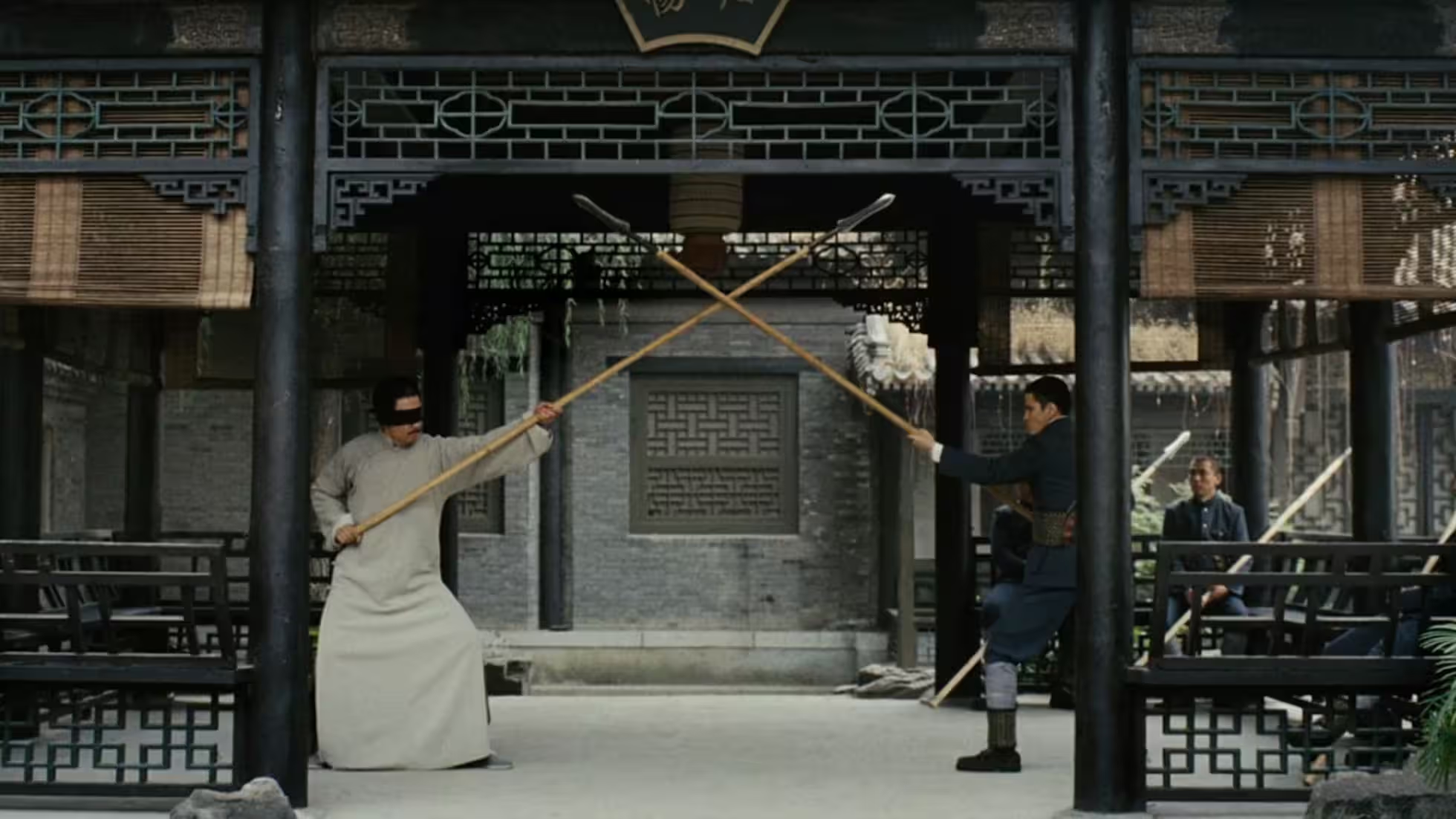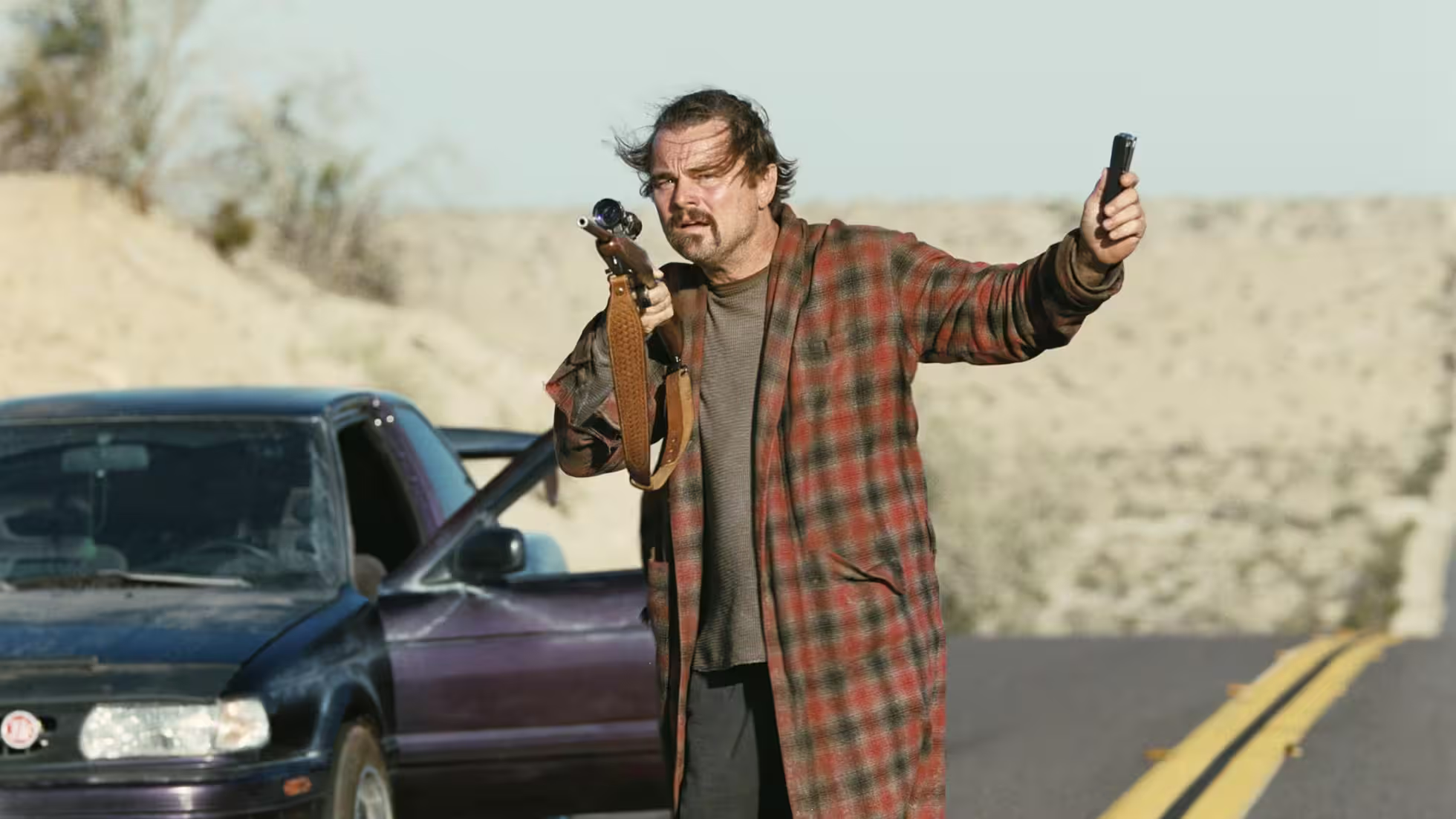Grace: Busy Reforming Others, Not Herself

After rewatching Dogville, I continued with Lars von Trier’s second film in his “USA” trilogy, Manderlay. This time the heroine Grace is played not by Nicole Kidman but by the younger and more ingenuous Bryce Dallas Howard.
As in Dogville, Grace once again struggles against an entire community. But unlike Dogville’s townsfolk, each with their own agenda, the Black people on the Manderlay plantation stand together. Expecting they won’t be accepted by mainstream society for a long time, they choose a parasitic existence within Manderlay — and they need a white puppet. At that moment the ideal candidate, Grace, appears. The elderly white mistress kindly warns Grace to burn a certain book, but Grace, full of righteous certainty, assumes no slaveholder can be good and believes the mistress merely wants to destroy evidence of whites enslaving Blacks.
From the moment a young Black woman begs Grace for help to the moment Grace finally leaves, she is trapped within a scheme designed by this seemingly weak, servile, and ignorant group. Manderlay becomes a stage tailor‑made for Grace; she is run in circles by the very people she strives to liberate.
Young and idealistic, Grace is first deceived by the old Black slave sobbing at the white mistress’s bedside, taking it as proof that these people are fully enslaved in body and mind. In truth, he merely mourns the loss of a white puppet. Grace is then used as executioner to get rid of infants and old women who “eat but do not work.” In the end, she must also cover for Timothy — the most adept at deception, gambling, laziness, and lust — by hiding the fact that the cotton proceeds were gambled away.
When the truth finally comes to light, Grace grows up a little and escapes Manderlay.
Nor is Grace’s father immune to deception. Trusting his daughter too much, he mistakes the scene of Grace whipping a Black slave — done out of humiliation at being duped — as proof that she has learned to wield power to punish slaves. Relieved, he turns and leaves.
Seeing isn’t necessarily believing. What you see may be exactly what others want you to see — or what your own heart wants to see. Many of us are like Grace: busy every day trying to reform others, instead of reforming ourselves.
Published at: Sep 28, 2025 · Modified at: Dec 11, 2025


